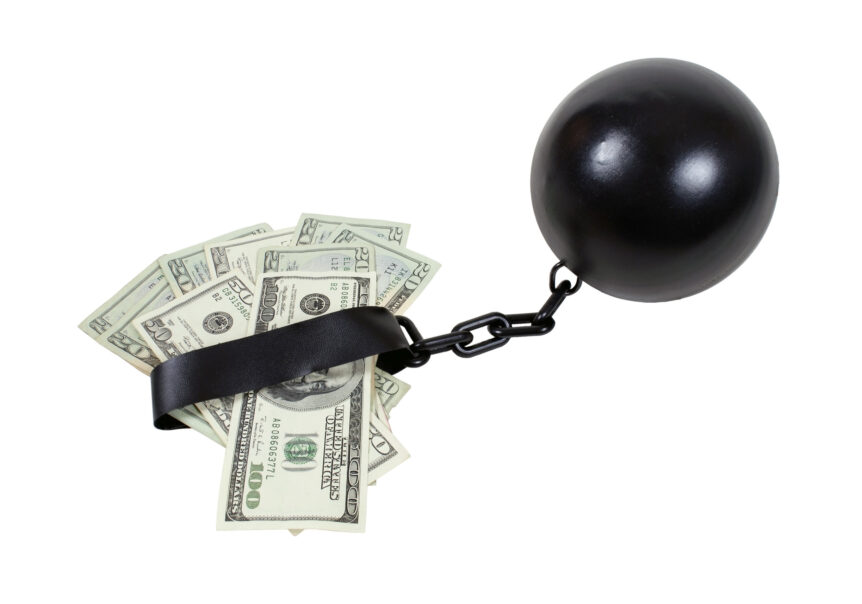While credit cards can be convenient and often come with useful features, it’s important to minimize debt when retirement is near.
These days, having a credit card is practically a necessity, even when you are retired. It’s hard to do things like buy airline tickets, rent a car, or place an order online without one. And, while monitoring your credit card use is important anytime, making sure you avoid credit card mistakes that could affect your finances is essential once you retire.
It’s a Credit Card, Not a Paycheck
Although it sometimes may be difficult to live on a fixed amount, using credit to supplement your income will only make it harder to live within your means. Avoid using your card to pay for groceries or other necessities unless you can pay the balance in full when the bill comes due. If you can’t pay the balance and continue to charge purchases, you risk having a larger credit card bill than you’re comfortably able to pay each month. And you could be incurring hefty finance charges on the unpaid balance, making it even harder to reduce your debt.
Pay Attention to Features
Think about how you intend to use the card. Cards that earn travel or other rewards may be appropriate if you’re disciplined and pay off your card balance each month. But make sure any fees for a rewards card don’t outweigh the benefits. If there’s a strong possibility that you’ll carry a balance on a high-rate card, forget the rewards and look for a card with a low interest rate.
Nurture Your Credit Score
You’ll get the best deals on credit cards if you have a high credit score. Don’t hurt your score by paying bills late or getting into too much debt.
If You Do Have Debt
If you still have credit card debt as you begin retirement, make sure you have a plan for paying it off. Once it’s gone, using credit responsibly will help keep your finances on track.
Securities and advisory services offered through LPL Financial, a registered investment advisor. Member FINRA/SIPC.

